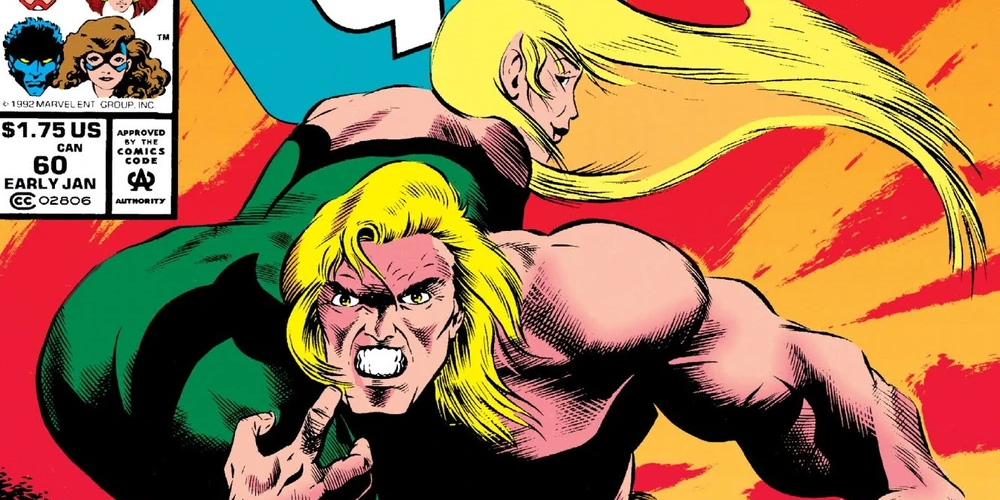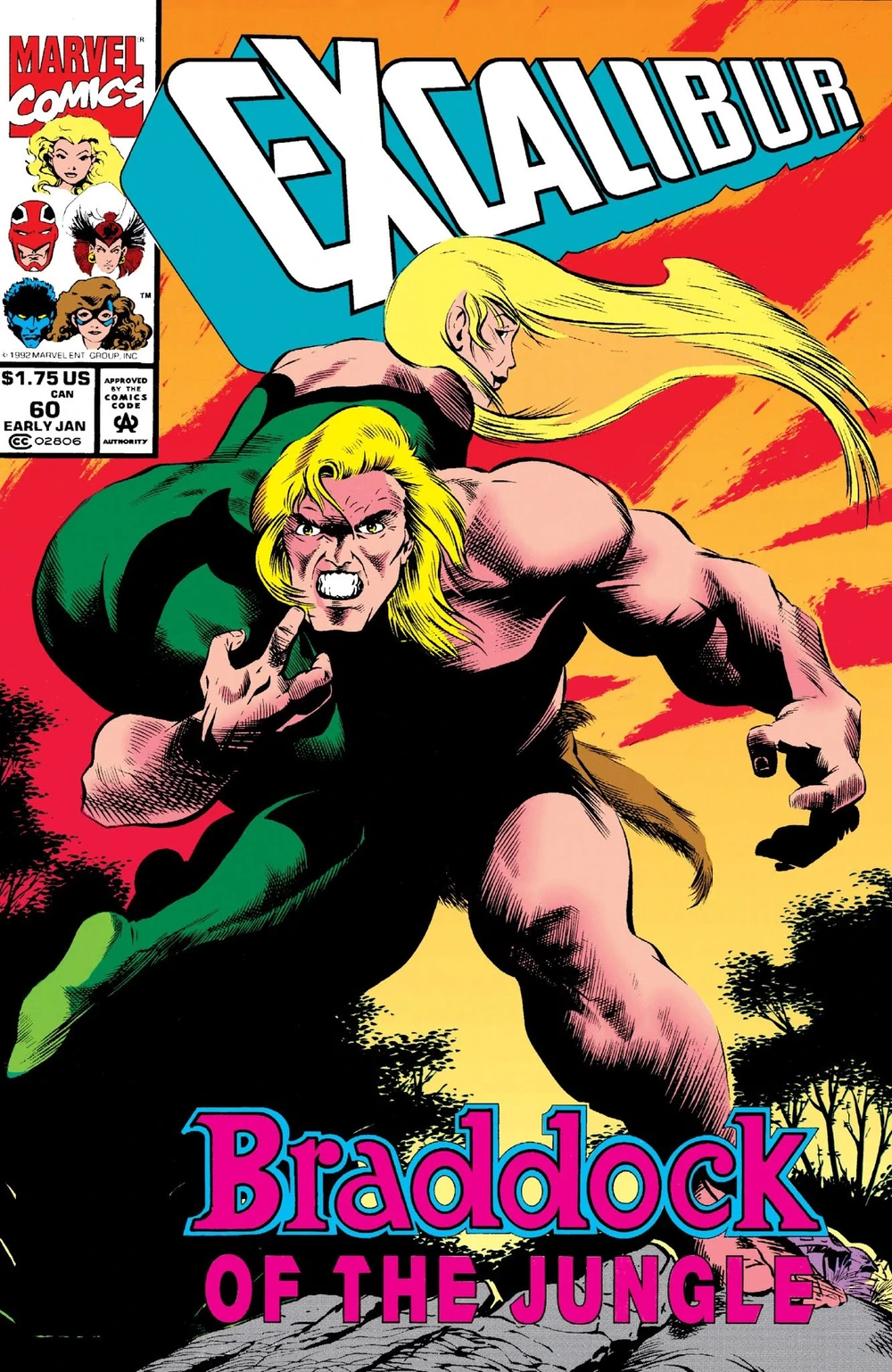Excalibur #60
“Braddock of the Jungle”
Writers: Scott Lobdell
Pencils: Scott Kolins
Inks: John Holdredge
Colours: Mike Thomas
Letters: Michael Higgins
Editor: Terry Kavanagh
Original publication date: January 1993
We’re trying to emphasize the positive this week… while still doing plenty of griping about part 2 of a crummy colonial sojourn in Wakanda known Excalibur #60, “Braddock of the Jungle.” We’re joined in our journey through jungle tropes by Dr. Deborah Elizabeth Whaley, author of the critically acclaimed book Black Women in Sequence: Re-Inking Comics, Graphic Novels, and Anime! We talk histories of Tarzan and the challenges of studying representation, and even though she’s not in this comic—we had to talk a little about Storm.
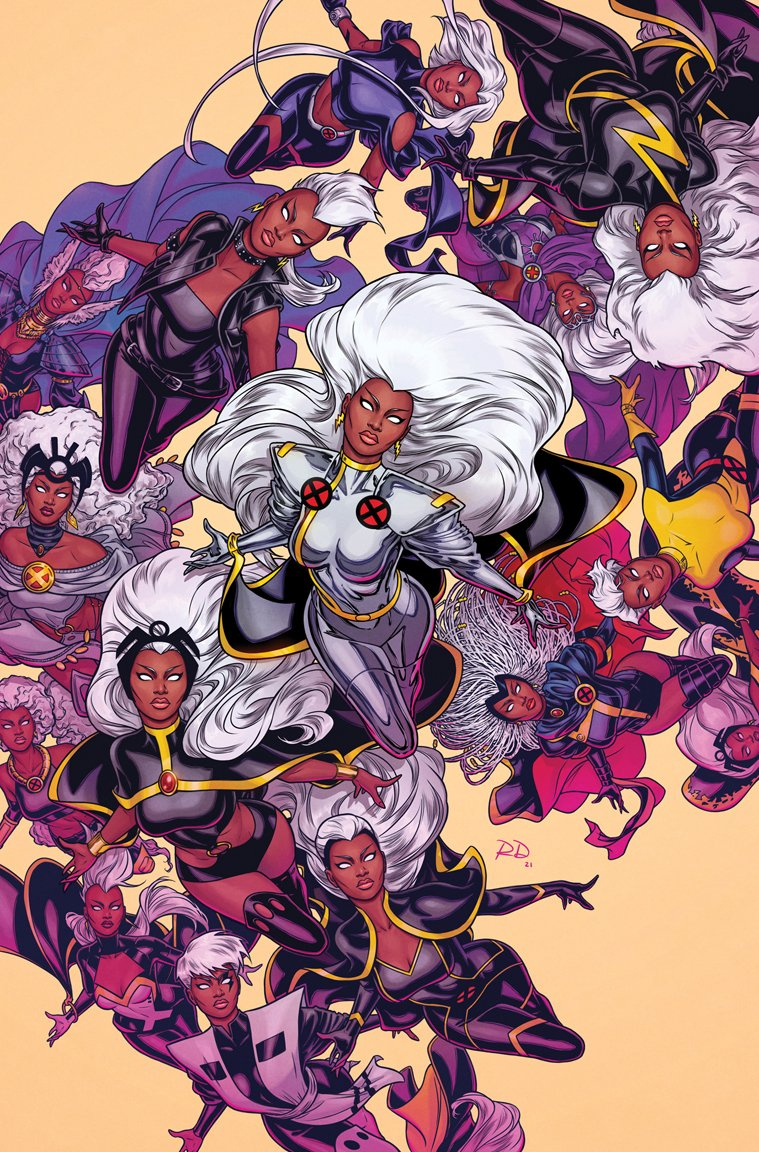
On the double-edged prominent of Storm:
“When I first started writing about Black women in comics, a lot of people would say things like, ‘Besides Storm… who else is there?’ Which almost made me not want to write about Storm. But the more I read, the more interesting she became.” -Deborah
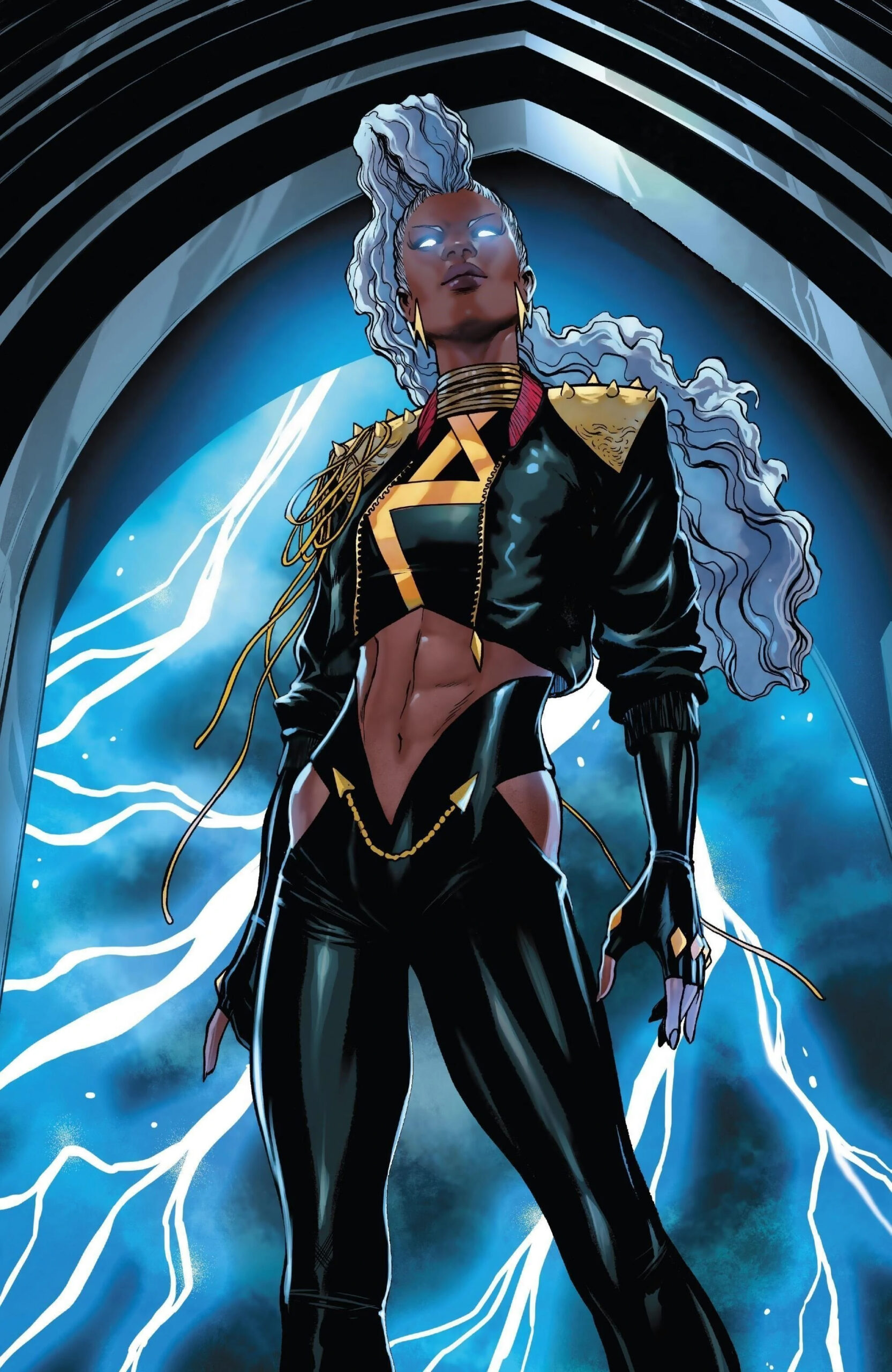
On writing about representation:
“In writing about Storm, I wanted to do something different from what I’d read about the character, which mostly focused on stereotypes and neglected her importance beyond the fact of representation.” -Deborah
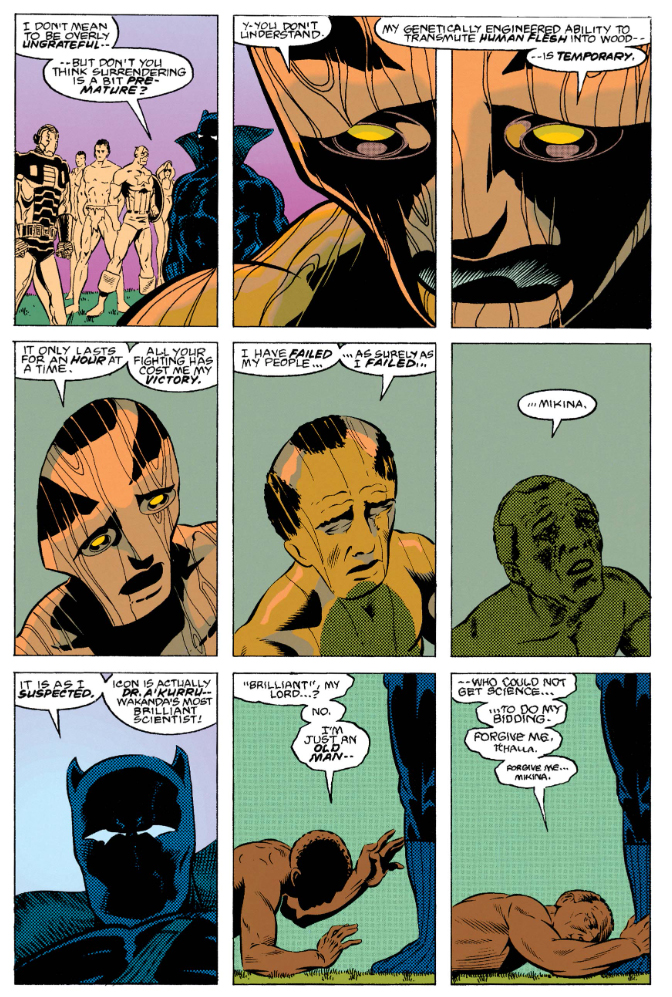
On messy critiques:
“I think Lobdell is actually trying to critique colonialism. But he’s doing in a way where he thinks he’s the first person to think up the critique, and that we should congratulate him for it.” -Mav
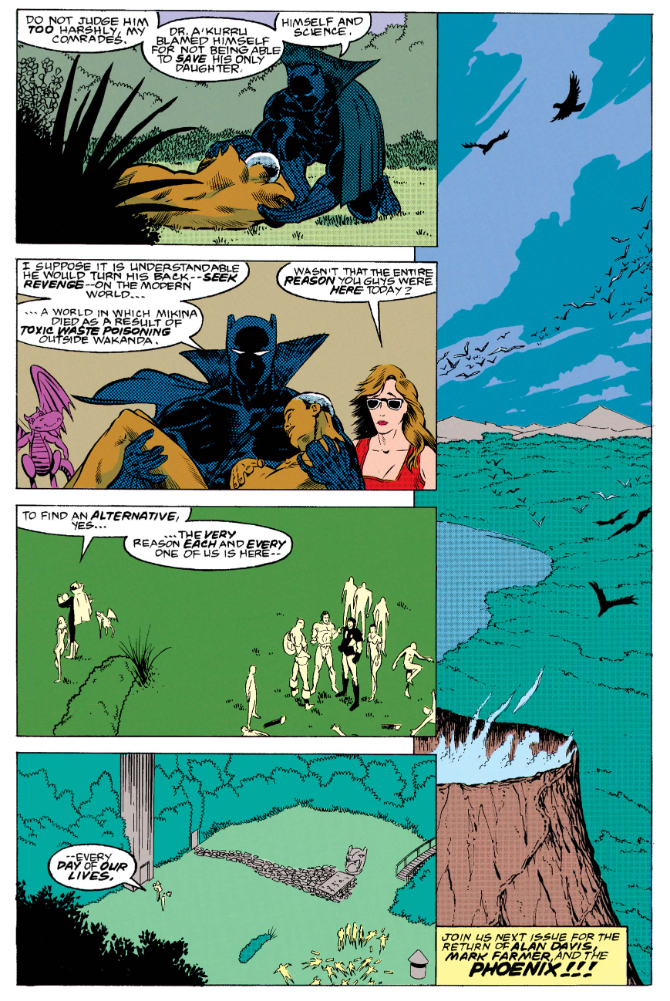
On trying to find something positive:
“I hate the plot, and the characters. But I want to be positive so I’ll say, I think there’s some decent dialogue, including the last line of the comic.” -Andrew
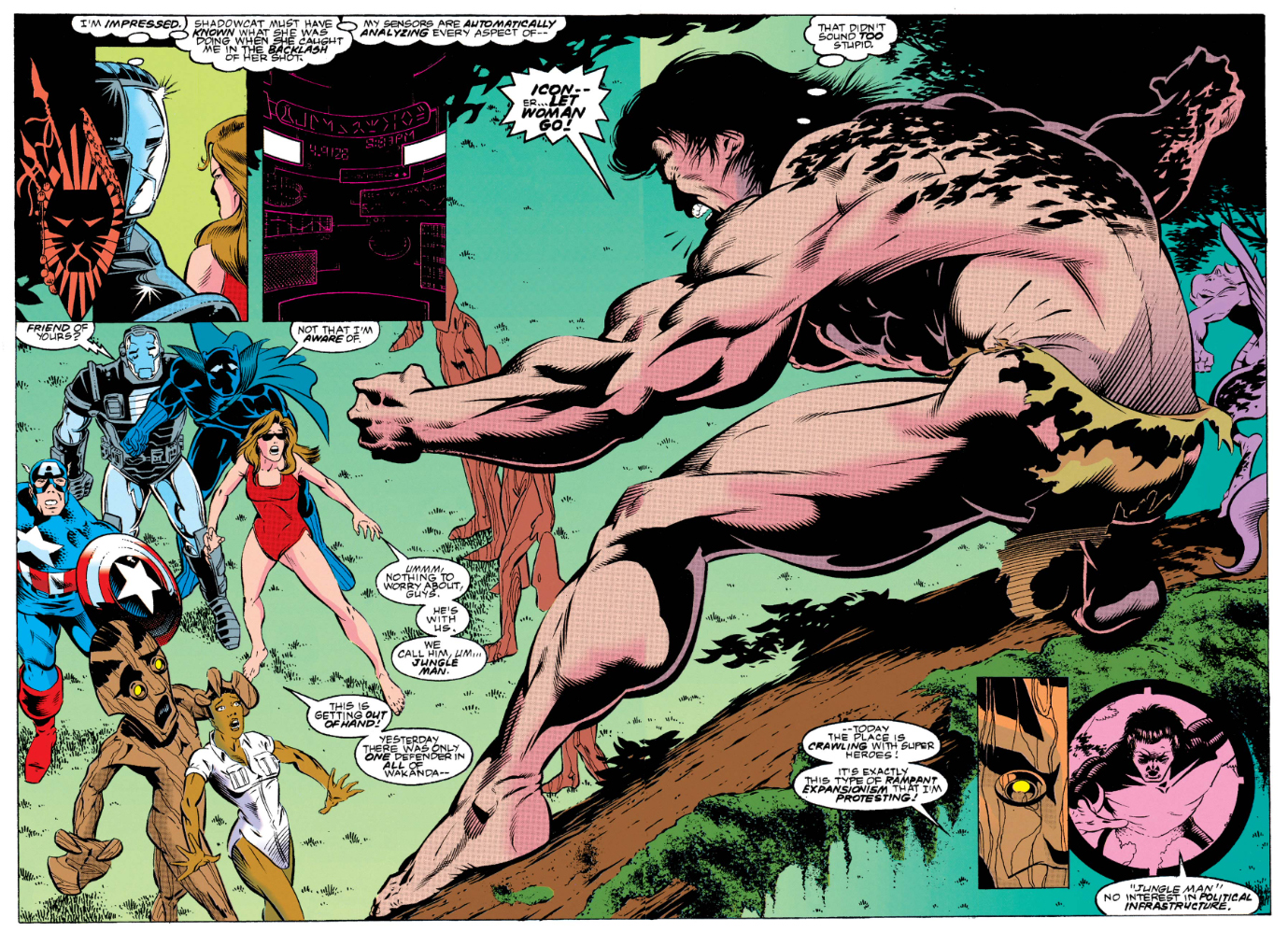
On historical context:
“If you’ve never read Tarzan—it is centrally about race, colonialism, and eugenics. Tarzan is the story of a white baby who gets dropped in the jungle and because he’s white, because he’s evolutionarily superior, he naturally becomes king.” -Mav
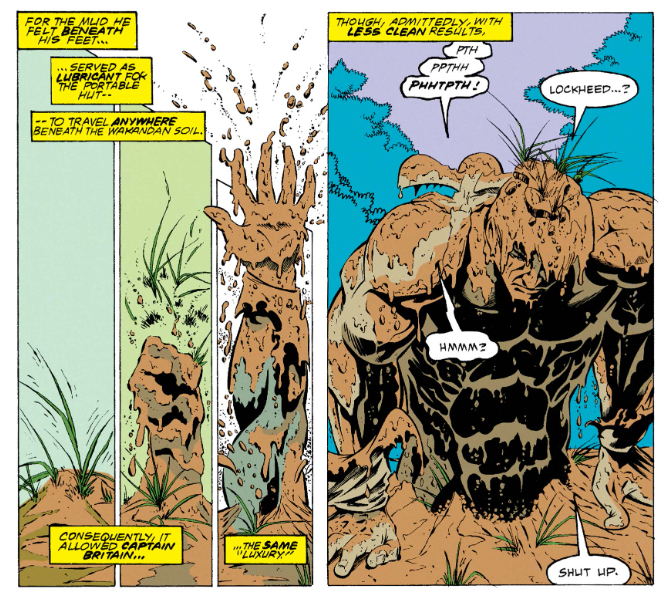
On colouring:
“I think Brian was supposed to use the mud to disguise himself as a Black man. But colourist Mike Thomas saw it and was like, ‘nope, not going to do it.’” -Mav
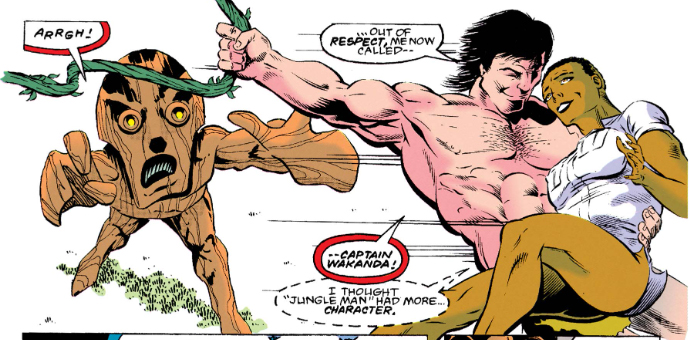
On uncomfortable romanticism:
“In addition to the blackface element, the thing that really gets me about this scene is the way Brian and Meggan are romantic roleplaying within a racist, colonialist fantasy. It’s deeply uncomfortable and may be my least favourite moment in all of Excalibur.” -Anna

Want more Deborah Elizabeth Whaley?
Check out her book Black Women in Sequence: Re-Inking Comics, Graphic Novels, and Anime wherever fine books are sold! From the publisher’s website:
“As the first detailed investigation of Black women’s participation in comic art, Black Women in Sequence examines the representation, production, and transnational circulation of women of African descent in the sequential art world. In this groundbreaking study, which includes interviews with artists and writers, Deborah Whaley suggests that the treatment of the Black female subject in sequential art says much about the place of people of African descent in national ideology in the United States and abroad.”
You can also find Mav’s essay “Wakanda Forever! (Except for That One Time…): The Black Panther Party, Apartheid and the Brief Identity Crisis of the Black LEOPARD?!?” in the book The Ages of the Black Panther, edited by previous guest Joseph Darowksi!
And! If you’re lucky enough to have instutional access to expensive academic journal articles, you can check out Anna’s article “‘A cross burning darkly, blackening the night’: Reading Racialized Spectacles of Conflict and Bondage in Marvel’s Early Black Panther Comics,” published with Studies in Comics!
And as usual:
You can find Anna on Twitter (@peppard_anna) and on her podcast with Andrew and Michael Hancock, Three Panel Contrast (@3PanelContrast).
You can find Andrew on Twitter (@ClaremontRun).
You can find Mav on Twitter (@chrismaverick) and on his podcast, VoxPopcast (@VoxPopcast).
Enjoy!
-GGW Team

